Most of us have conducted an investigatory science project without even knowing it, or at least without knowing that's what it was called. Most science experiments performed, from elementary to high school students and all the way up to professional scientists, are investigatory projects.
What's an Investigatory Project Exactly?
An investigatory project is basically any science experiment where you start with an issue or problem and conduct research or an investigation to decide what you think the outcome will be. After you've created your hypothesis or proposal, you can conduct a controlled experiment using the scientific method to arrive at a conclusion.
What's the Scientific Method?
For those of us who have forgotten the various steps of the scientific method, let me clear that up right here:
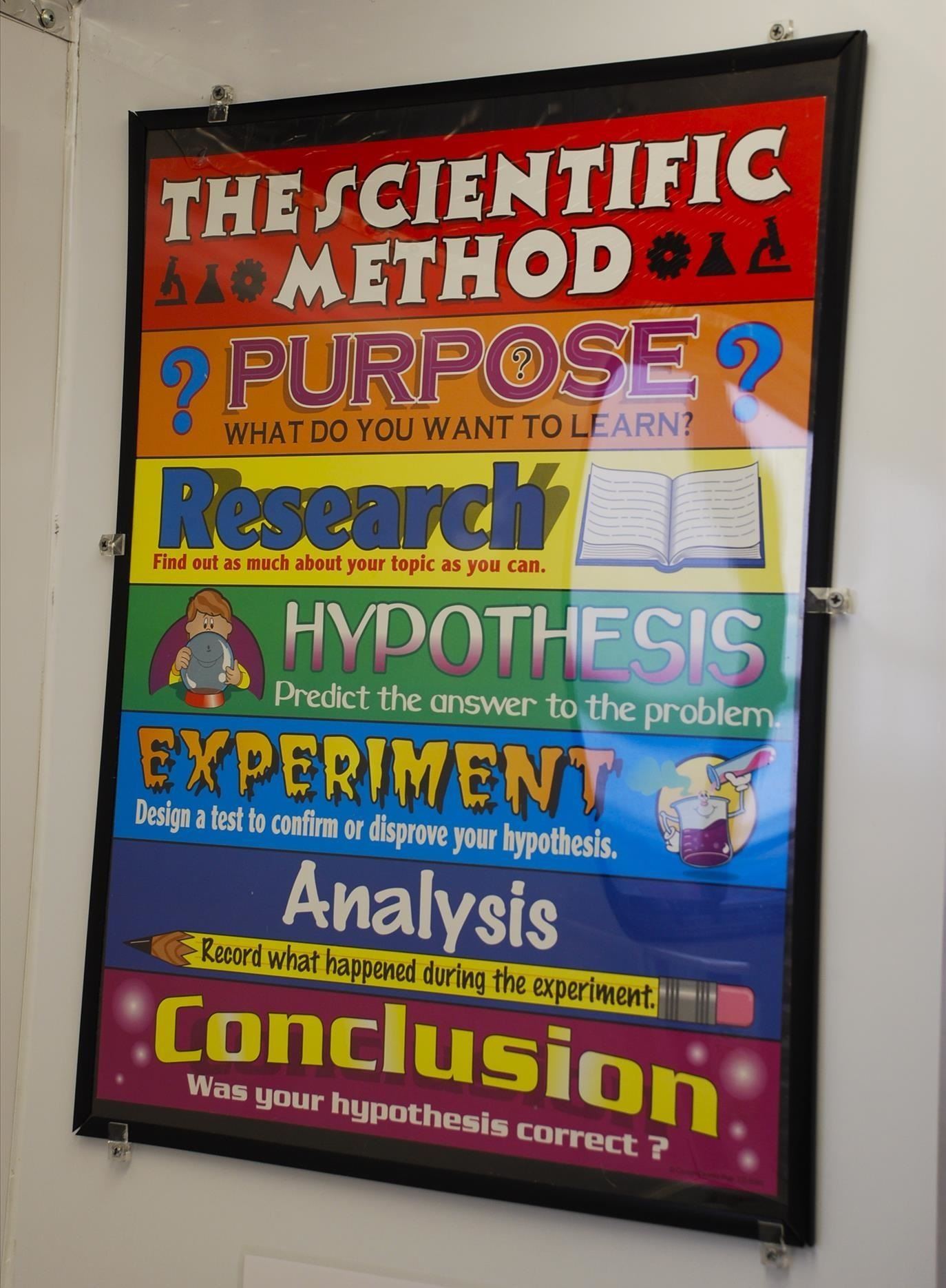
Remember, however, that a successful investigatory science project does not necessarily have to result in the intended outcome. The purpose of these projects is to think critically, and if the solution doesn't work out, that doesn't mean your project will fail.
What Kind of Investigatory Projects Are There?
In order to conduct a great investigatory experiment, you have to ask an interesting question and be able to conduct an experiment that can hopefully answer that question. The harder and more intriguing the initial question is, the better the resulting investigation and experiment will be.
I've listed a few examples below of some of the best investigatory experiments out there, so hopefully you'll have no problem coming up with an idea.
Project #1: Making Soap Out of Guava
Basic hygiene should be available to everyone, but what about people who live in areas without easy access to grocery stores or pharmacies? This is a great question that makes you think about scientific alternatives to store-bought soap.
Below is an example project that creates soap from guava leaf extract and sodium hydroxide, but there's no shortage of materials you can use to replace the guava, like coconut oil or a fat like lard, butter or even the grease from your kitchen.
Project #2: Used Cooking Oil as a Substitute for Diesel
We all know how lucrative the oil business is, but what if the next huge innovation in oil was sitting right inside your kitchen cabinet? With the high prices of regular gasoline and diesel fuel, the possibility of creating a usable diesel fuel from household cooking oils is pretty exciting.
Although creating diesel fuel out of cooking oils that will run a BMW may sound like a reach, it still makes for a great project. And who knows, maybe in doing this you'll actually figure out what was missing from previous attempts. Being an instant billionaire doesn't sound too bad to me.

If you're interested in trying it for yourself, there's a great step-by-step guide with a full ingredients list and photos over on Make.
Project #3: Create Another Alternative Fuel
If biodiesel isn't your forte, you can try making oxyhydrogen gas or creating hydrogen gas via electrolysis or vice versa, creating electricity from hydrogen gas.

Project #4: Purifying Used Cooking Oil
Speaking of oil, if you use it to cook, you know that a lot of it goes to waste. But what if you could clean that oil and use it over and over again? Not only would that save money, but it would also benefit the environment since most people do not properly dispose of used cooking oil (no, pouring it down the drain doesn't count).
Your project goal would be to research methods of filtration or purification and test it on cooking oils. To easily demonstrate which method works best, try cooking some food in the oil produced by each one. Good food can go a long way when it comes to winning people over.

Check out the abstract and description of a similar project here.
Project #5: Alternative Methods of Producing Iodized Salt
In areas isolated from the sea, IDD or Iodine Deficiency Disease, is very common. Since these areas do not have easy access to marine foods or grocery stores, the population becomes very susceptible to the disease due to a lack of iodine in the diet. In order to combat this, researchers and doctors have begun infusing iodine into regular table salts.
If not iodine is readily available, it can be chemically made either with sulfuric acid and alkali metal iodide or hydrochloric acid and hydroxide peroxide.
But perhaps there are other more accessible ways to create an iodized salt that people could make at home. For a starting point, take a look at this previous experiment.
Project #6: Making Biodegradable Plastic
Plastic bags are actually illegal in Santa Monica, CA (and soon to be Los Angeles) because of their threat to the environment due to insane resistance to biodegradation. I didn't think they were that bad, but one plastic bag can take up to 1,000 years to break down completely, and it can even ruin your car along the way. So, creating a better biodegradable plastic bag would be a huge achievement.


The only question is how one would go about doing so, and what materials could be used? That's the question you can answer for your project. This project used cassava starch as an effective component for a biodegradable plastic, but you could try using a few different starches and see what works best.
Project #7: Solar Water Purification
One of the biggest world problems is finding clean water. While we in the states can find purified or drinkable tap water almost anywhere, millions of people around the world don't have access to clean drinking water.
A few students decided to investigate a potential purification process using the sun's energy and an aluminum sheet. Watch the video below for more information and a complete walkthrough of their scientific process.
And if you're an overachiever, you can step it up a notch and try purifying pee instead.
Project #8: Perfecting the Paper Bridge
Of course, an investigatory project doesn't always have to answer such grand questions. This experiment looks to discover how to build the strongest paper bridge by varying how the pieces are held together. So, the question is, "How do design changes affect a load bearing structure?"

Check out the video below for more information on replicating the project yourself.
Project #9: Making Instant Ice
It's summer time and the degrees are already hitting triple digits in some areas. When it's this hot, there are few things better than a glass of ice chilled water or lemonade. But what happens if you don't have ice? Can you create your own ice or cool drinks quickly by another method? Check out this clip from King of Random.
Cool, huh? But how does it work? Is there any other way to replicate this? Well, let the investigation begin. Figure out what your hypotheses will be and follow along with this video for you own investigatory project.
For more information and additional photos, be sure to check out the King of Random's full tutorial.
Project #10: Increase the Shelf-Life of Fruits and Veggies
Extending the shelf-life of perishable fruits and vegetables can make a huge difference for small farmers, street-side vendors and even your average Joe—groceries aren't cheap. What is an inexpensive and easily accessible way to make produce stay fresh longer?

That's the question behind this great investigatory science project featured here. While these researchers focused exclusively on chitosan coating on bananas, you can branch out (no pun intended) and try an assortment of other fruits, veggies and possible coating materials.
For more information on how to keep your fruits and vegetables fresh for longer, check out my previous article, or Yumi's recent illustration for other ideas.
Project #11: Slow the Ripening of Sliced or Chopped Produce
You could also focus your project on keeping fruits and vegetables from browning after they've already been cut up. There are various methods and materials you can use to slow down the ripening process, such as honey and lemon juice. Watch the video below and read this tutorial for more information and ideas.
Your project could revolve around finding the best option, and testing out some of your own browning-prevention solutions to see if you can come up with a better one.
Project #12: Improve Memory by Thinking Dirty
If my memory was any good I would be fluent in Spanish and never need to look up the Quadratic Formula again. But my problems are more superficial, like forgetting where I put my keys or what time my dentist appointment was supposed to be. There are folks out there who do suffer from real memory problems, so figuring out how to help improve memory makes for a great investigatory project.

There are tons of studies on memory and memory loss that you can research. But for your investigatory science project, you will want to come up with your own hypothesis based on that information and test it out. Does using colors to form associations help with memory? Does linking an image with a memory increase its hold in the carrier's head? What about drinking grape juice or sniffing rosemary? These are the types of questions you may look to answer.
This article contends that memory can be improved by looking at NSFW images or thinking of dirty associations. Come up with your own theory and let the brain hacking begin.
Project #13: Improving Social Anxiety by Manipulating the Body & Mind
Science experiments don't always have to include chemicals or test tubes. The science of the mind can be just as interesting. So what's the investigation consist of?
Can you truly affect the way you act and feel by simply changing your posture? Does acting a certain way manipulate the mind drastically enough to actually change the way you feel?
Check out Amy Cuddy's awesome TED Talk for more ideas for additional questions you could ask.
Project #14: Kitchen DNA Extraction
You may think studying DNA is only for professionals with super expensive lab equipment, but you can actually extract DNA from any living thing with a few basic ingredients you probably have in your kitchen like dish soap and rubbing alcohol.

Decide on something to vary, like different fruits and vegetables or types of dish soap, and come up with a hypothesis regarding which will allow you to collect the most DNA material.
You can also find more information, as well as another way to perform the experiment, here.
Project #15: Make Homemade Glue from Milk
With milk, white vinegar and baking soda, you can make your own glue right at home. Make it an investigatory project by changing up the recipe and testing which results in the strongest glue. You could also try varying the ingredients to make it dry faster, or work on different materials (wood vs. plastic vs. paper).

Project #16: Make a Battery Out of Fruits and Vegetables
How can you power a small light or device without electricity? You can make a DIY battery with a few different types of fruits and vegetables. Anything from a lemon to an apple, potato, or even passion fruit will work.

Pick a few different fruits or vegetables and form a hypothesis as to which will make the battery that puts out the most energy or lasts the longest. Once you've built your batteries, hook up a volt meter to read the output and see which one is the best.
What's Your Favorite?
Know of an awesome investigatory project that's not on the list, like wireless electricity or cheaper x-ray machines? Let us know in the comments below. If you decide to use any of these ideas for your own project, be sure to take some photos and show off your results over in the Inspiration section!
Just updated your iPhone? You'll find new emoji, enhanced security, podcast transcripts, Apple Cash virtual numbers, and other useful features. There are even new additions hidden within Safari. Find out what's new and changed on your iPhone with the iOS 17.4 update.
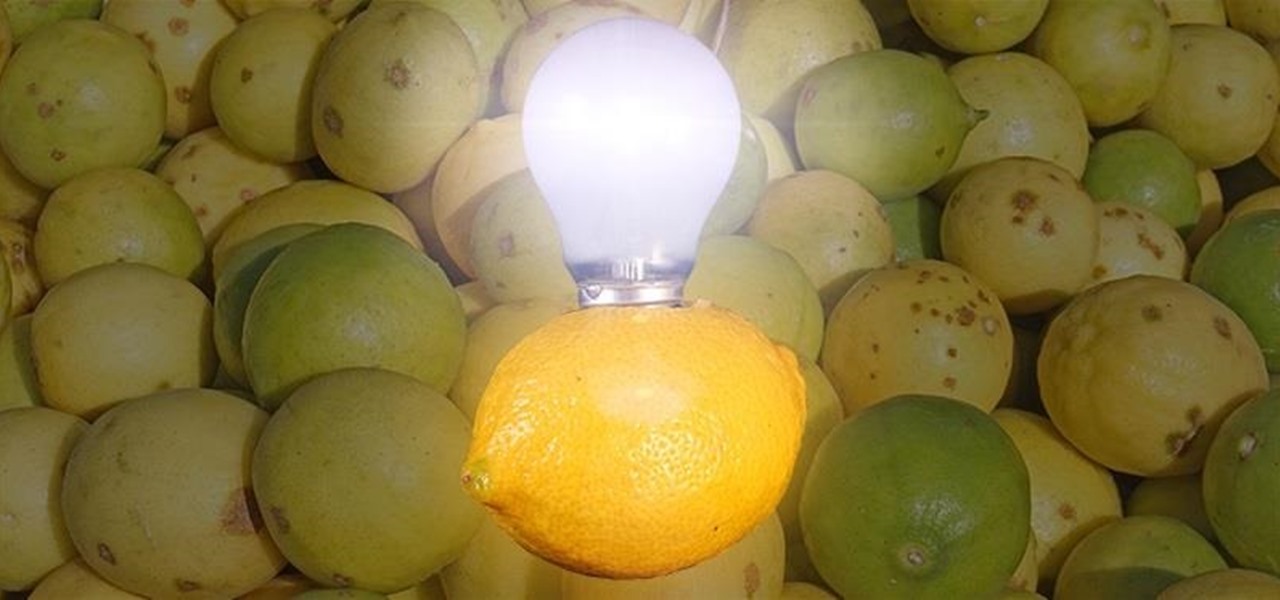


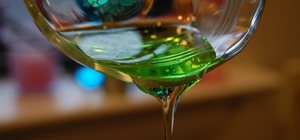

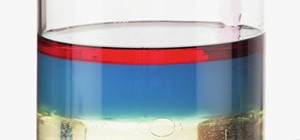

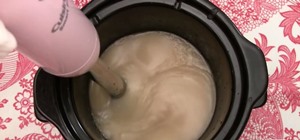
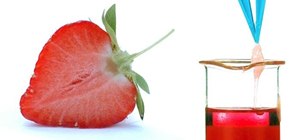
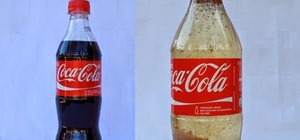
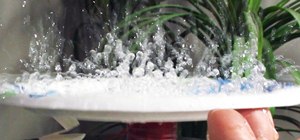
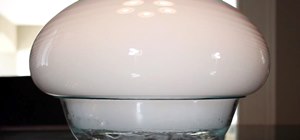


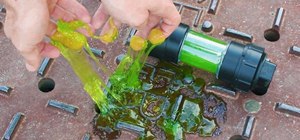


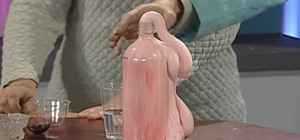
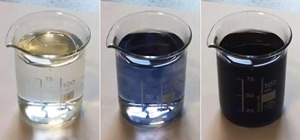

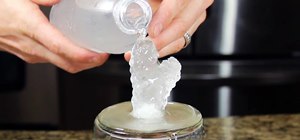

15 Comments
It's the best thing av seen
these things are really useful............
All of this was perfect for my Investigatory Project . ! :D
"All of this 'were' perfect for my Investigatory Project"
"all of 'these' were perfect for my investigatory project
heheh !! all of these examples above are usefull.. great job kuya's ang ate's heheh muah muah
how i can make a gameor a toy based on a scientific principal for class x
It really helps me to find a good topic for my investigatory project. Thanks. :)
how about devices that remove particles from the smoke/gas
yes biodegradable plastic bag is better but how ?
i like it so much i have now a science investigatory project
thanx for these I`ve enjoy it... i have now a sip
Is it possible to invent a machine that automatically segregate our trash? I want to make it possible through SIP...
Nice
nice and amazing
Share Your Thoughts